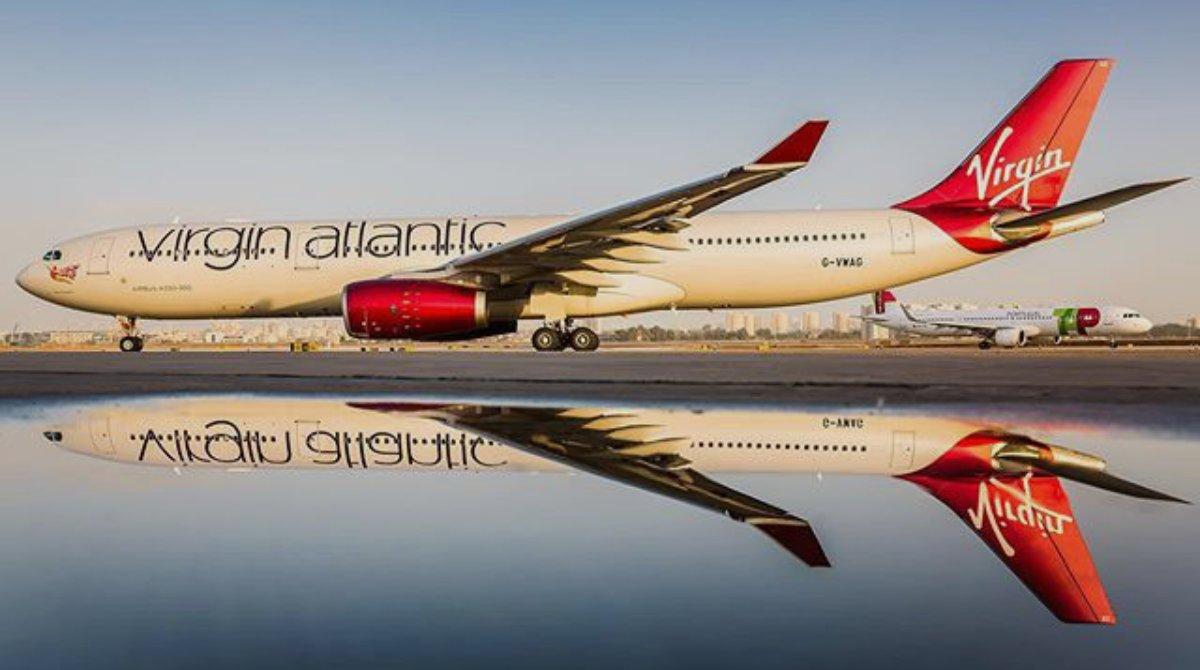
UK carrier Virgin Atlantic, which is 49% owned by Delta Air Lines, filed for bankruptcy protection in a New York court Aug. 4.
The move comes just three weeks after Virgin announced a restructuring and financing deal that seemed to secure the carrier’s future. Virgin resumed scheduled passenger flights on July 20 after arranging a recapitalization deal worth around £1.2 billion ($1.5 billion) over 18 months. Shareholders Virgin Group and Delta provided around £600 million, including £200 million previously announced by Virgin Group, partially raised from the sale of shares in the Virgin Galactic commercial space venture.
According to Bloomberg, the restructuring plan needed Chapter 15 filing approval to ensure creditor support.
Chapter 15 is a relatively new form of bankruptcy protection established in the U.S. in 2005 and specifically aimed at cases where the company is based outside the U.S. and operates in multiple countries. But it works in a similar way to Chapter 11, shielding the company from its debtors while restructuring terms are agreed via the court.
Virgin’s Australian operation, Virgin Australia, entered voluntary administration in April, after which several companies bid to acquire the airline. Bain Capital was named the preferred bidder on June 26, but that bid must be approved by creditors in August.
For Delta, the Virgin Atlantic bankruptcy filing shows the risks of airline equity partnerships. LATAM Airlines, in which Delta took a 20% stake in September 2019, filed for Chapter 11 protection in a New York court in May.
Unlike U.S. carriers, airlines in South America and the UK have received little to no government aid despite the sudden and massive effect of the COVID-19 pandemic on demand for air travel and the related quarantine rules that are severely restricting travel to and from those regions.
Nevertheless, Virgin Atlantic CEO Shai Weiss said in July that the recapitalization deal would ensure continued connectivity and competition while allowing the company to emerge as a sustainably profitable airline.
The decision to seek U.S. court help in achieving that goal cannot have been easy. On the one hand, the company will buy itself breathing space from creditors and time to restructure using the newly raised funds. On the other hand, court restructuring significantly depletes a company’s senior management ability to take strategic decisions and to innovate. For Virgin Atlantic, with its entrepreneur founder and president Richard Branson, that will be a difficult environment.





